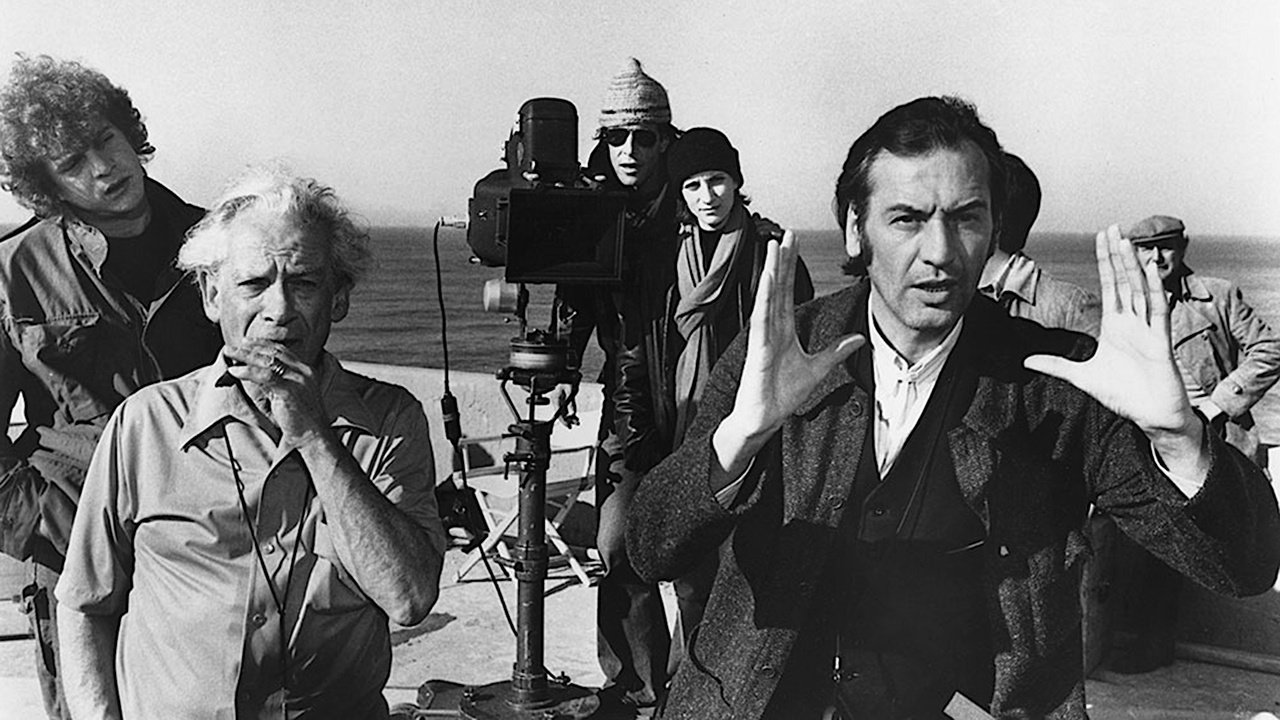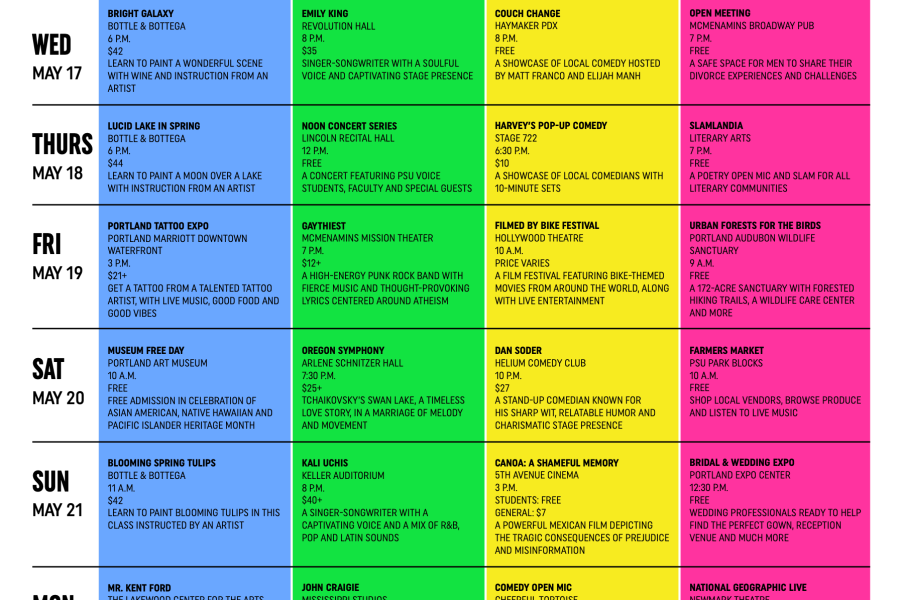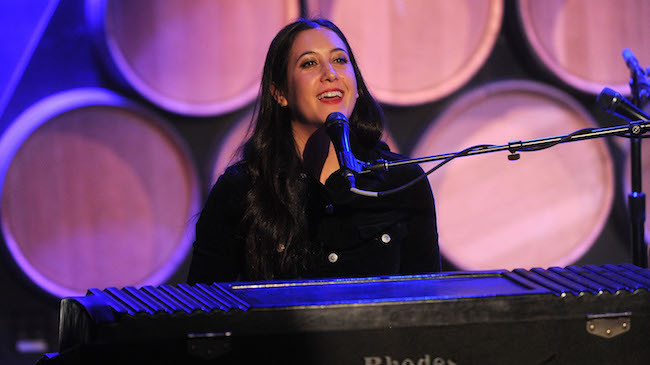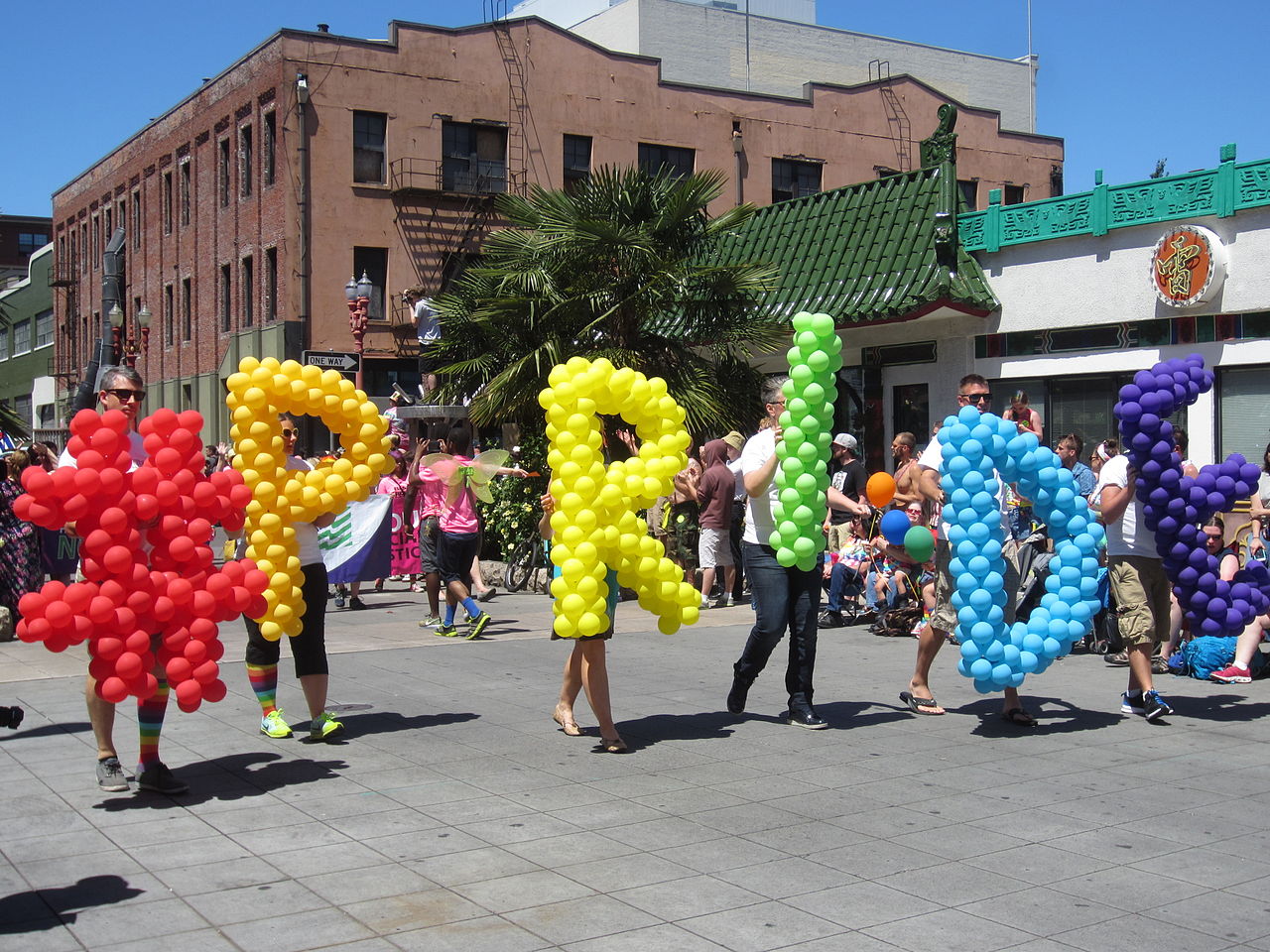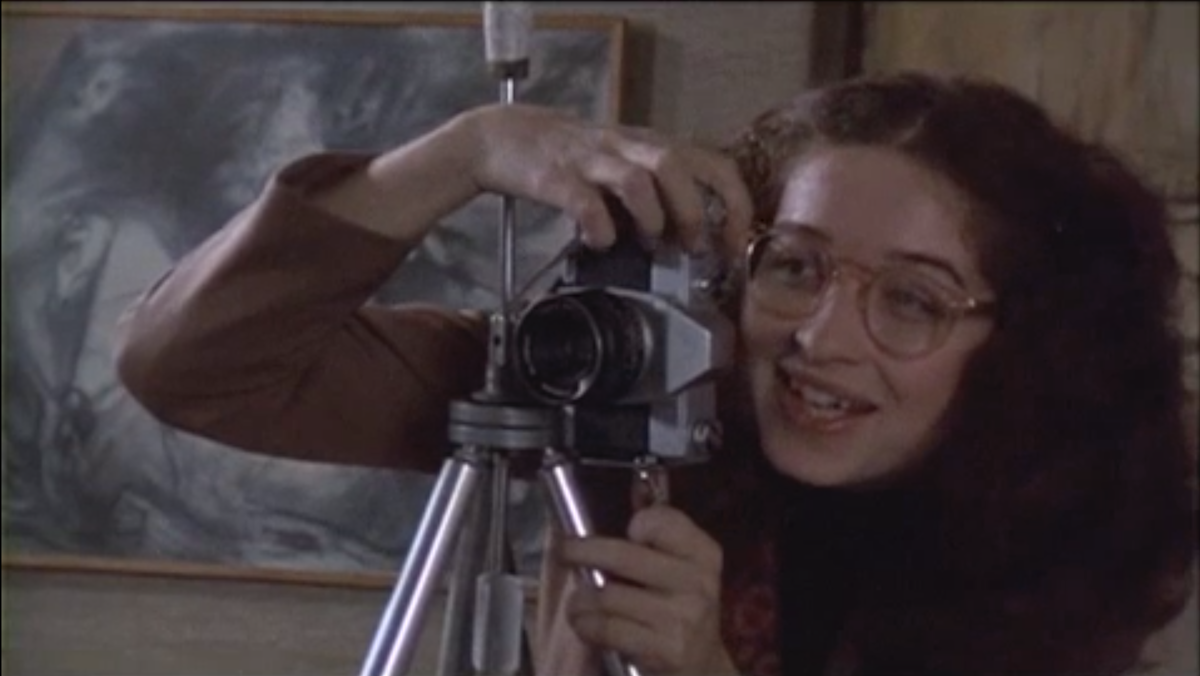This week at 5th Avenue Cinema, Oregon’s only student-run theater, Portland State students and staff can catch a free showing of a double feature: The State of Things and Stranger Than Paradise.
The State of Things is a thought-provoking, introspective film directed by the acclaimed filmmaker Wim Wenders in 1982. Shot in an abandoned film set in Portugal, the film follows a group of filmmakers whose production comes to a halt because of financial issues. The group becomes stranded, searching for the person that caused their mess.
The State of Things explores the existential nature of filmmaking along with the fragility of human relationships as the characters strive to find meaning in their existence and the purpose of their work.
Stranger Than Paradise was directed by Jim Jarmusch in 1984. The film is a minimalist comedic masterpiece that has earned its place as a cult classic. We learn about Willie, a Hungarian immigrant living in New York; his cousin Eva; and their friend Eddie as they begin a road trip through the United States.
Jarmusch’s minimalist approach, long takes and sparse dialogue create a hypnotic atmosphere that highlights the alienation the characters feel and their search for belonging.
This week’s double feature was chosen for screening by Cadie Godula, one of two projectionists at the theater. 5th Avenue Cinema’s longest-standing staff member, Godula will be leaving the theater upon her graduation in June.
All staff get to choose their own graduation double feature before leaving the cinema, and this is hers. “Leaving is kinda a bummer, but it’s just the cycle of this place,” Godula said. “It’s a weird transitionary time. I’m graduating and losing a job.”
Godula’s favorite of the two films is Stranger Than Paradise. “The mannerisms of the main two guys are very engaging and I think that goes for a lot of films by Jim Jarmusch,” she said. “He lets his actors have some kind of autonomy and do improvisation with little mannerisms or lines that make it feel fulfilling and enriching.” The director is known for this unconventional approach with his characters that makes them much more captivating and authentic.
“Jim Jarmusch, a lot of his films in general are just a lot of wandering characters in different countries or states that they’re not familiar with,” Godula said. “It’s a very plotless film, which is why I like it. It’s just people wandering and I think that’s fun.”
Godula first saw Stranger Than Paradise years ago and thought it was fine, but upon rewatching it, she realized that she found it great. While she was researching for choosing her graduation double feature, she came across a fun fact that established the basis for a second feature.
“I didn’t know they had that connection to each other at first,” Godula said. “The lore is that when Wim Wenders was shooting The State of Things, he had leftover film.” Funnily enough, The State of Things is about a film crew running out of film while shooting a movie. “Jim Jarmusch at the time was a new budding director,” Godula explained. “He had the idea for Stranger Than Paradise and first had to make a proof of concept short for it, to get it picked up.” Through their mutual connection to Nicholas Ray—director of Rebel Without a Cause—Wenders gave Jarmusch about 30 minutes of film. “Without this generous offer of film from Wim Wenders, Stranger Than Paradise might not have been made at all!” Godula continued.
Godula mentioned a third film that could have been used in this double feature for its relevance—The Territory by Raul Ruiz. “Apparently, Wim Wenders was hanging out on that film set in Portugal and he saw the crew and the dynamics with them on set and thought it would make a good movie,” she said. Wenders was inspired to create The State of Things after seeing the conditions, but Godula preferred the connection between it and Stranger Than Paradise.
Godula explained that the connection between the films is based on material rather than content, and she adores the material of film. “Every film stock has a different vibe,” she said. “The very contrast-y black and white film stock that was used for that film and then was also the same exact film stock being used for this film kind of gives it a similar and directly influenced connection. It’s more of an implicit connection than an explicit connection.”
Godula encouraged anyone that is as fascinated about film stock as her to look into things like this. “I’ve read articles wondering if they’re part of the same universe just because of the film stock!” she said.
As her time at 5th Avenue Cinema comes to an end, Godula has been outlining a structure that she hopes the theater continues. Over the last couple terms, Godula has been creating a trailer for the films being shown for the term, which is now presented before each showing. She has also been working on a small manual for future projectionists that work there, including tips for working with physical film. “Part of the job is to learn by yourself while you’re doing it,” she said. “I feel like at this point I’ve developed a pretty decent knowledge base and I think it would be worth it to put it in a manual.”

